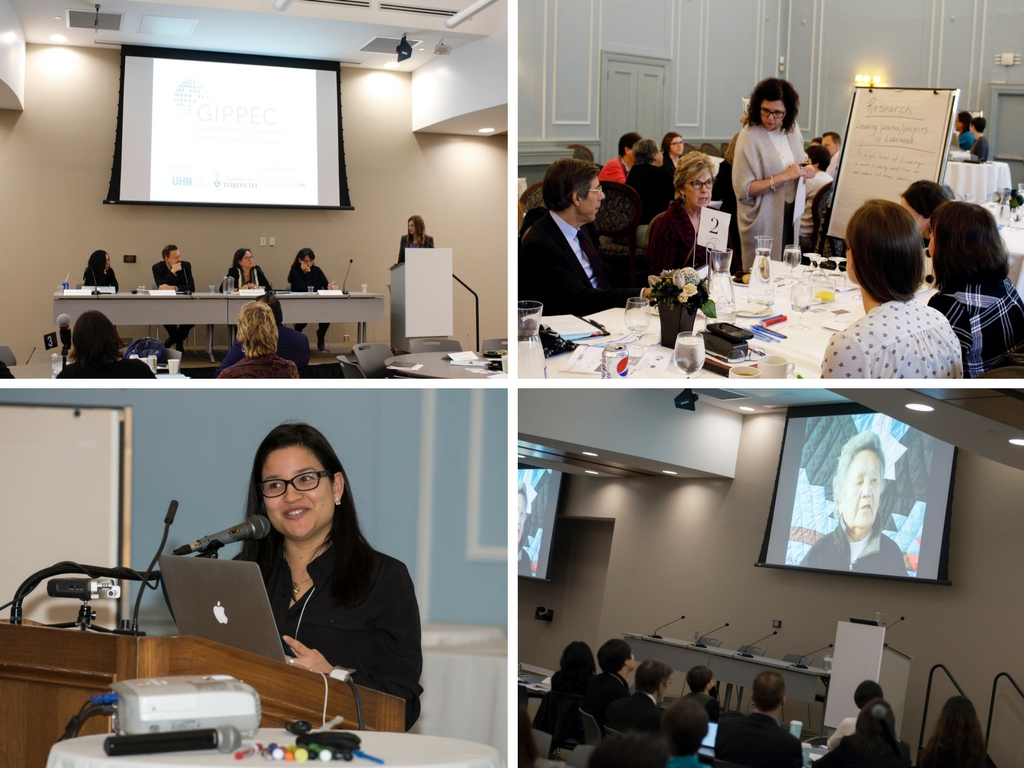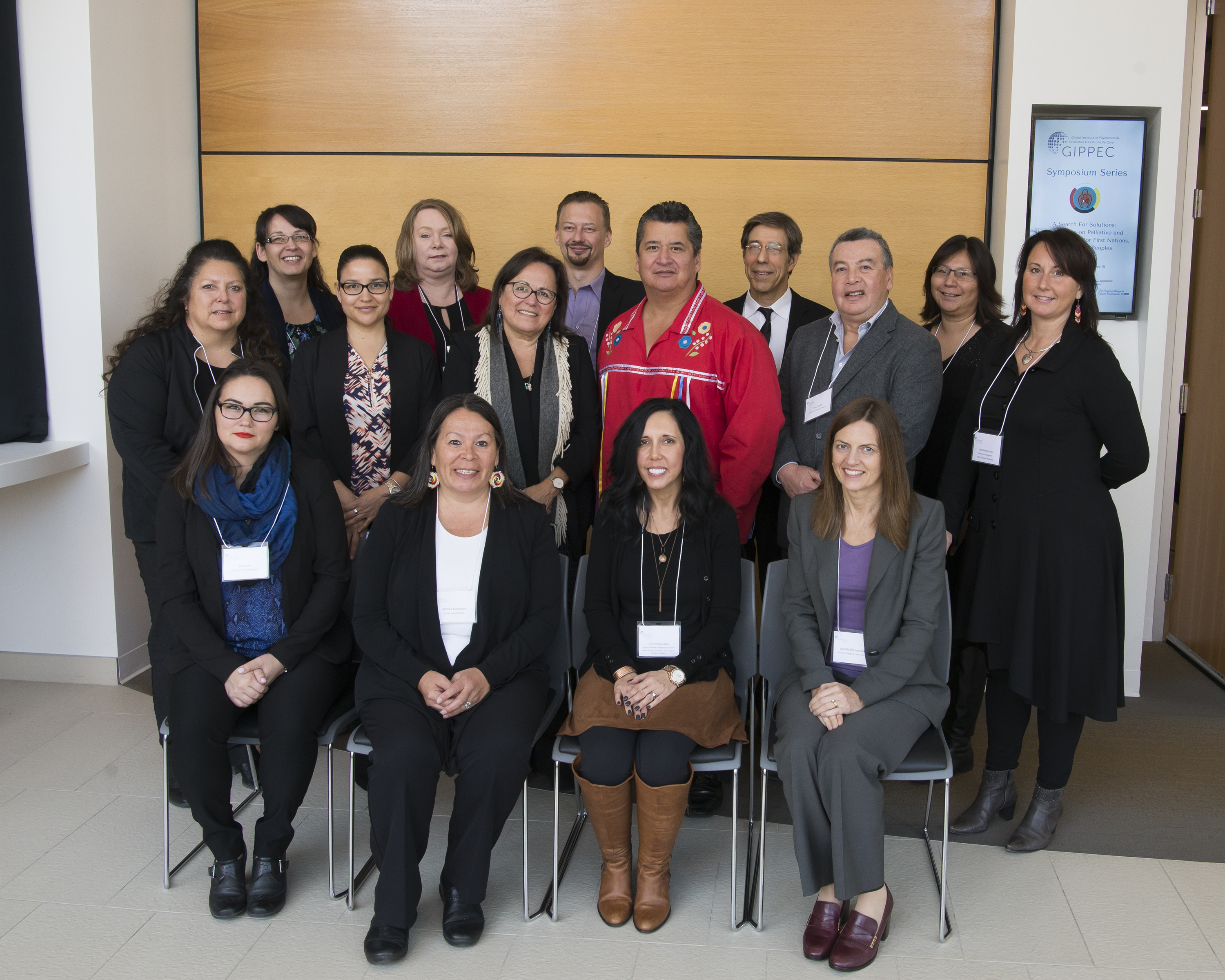
The 2nd annual GIPPEC symposium, held on November 15 and 16 in Toronto, focused on improving access to palliative and end-of-life care for the First Nations, Inuit and Métis (FNIM) communities.
Following a traditional smudging ceremony, the symposium kicked off with the keynote speaker, Dr. Carrie Bourassa, Chair in Northern and Indigenous Health and Senior Scientist at Health Science North Research Institute, examining the historical, geographic, language and cultural barriers leading to poor health outcomes for indigenous peoples across Canada.

Through a variety of forums, including storytelling, short documentaries, presentations, panel discussions, and working groups, the symposium illuminated opportunities for improving patient care, cultural safety, and for building authentic partnerships with indigenous communities in developing palliative care programs.
Building such partnerships, panellist Dr. Bernice Downey said, involves a commitment to learning and cooperation, respect for indigenous perspectives related to health and wellness, and support for self-determining aspirations of the peoples.
The audience, which included health care providers at UHN and other institutions, representatives from Health Canada, the Ontario Palliative Care Network, and Canadian Virtual Hospice, were invited to be champions for indigenous palliative care.

“The goal of our symposia,” said Dr. Gary Rodin, GIPPEC Director, “is to bring stakeholders from diverse communities together with clinicians, scholars and government to facilitate meaningful discussion and actions to improve access to high quality palliative and end-of-life care”.
The GIPPEC Symposium was a product of many months of planning led by Dr. Michael Anderson, an indigenous physician, and facilitated by GIPPEC staff. The planning involved indigenous representation from Cancer Care Ontario, End-of-Life First Nations at Lakehead University, the Union of Ontario Indians, Well Living House, Moose Cree First Nations, Health Canada’s First Nation and Inuit Health Branch, and the Ontario Palliative Care Network.
“It was an event held with FNIM and with FNIM needs as its focus,” said Alethea Kewayosh, Aboriginal Cancer Control for Cancer Care Ontario.
“The most valuable aspects of the symposium were that not only it gave voice to community members and elders across Canada, but it also highlighted the knowledge of the communities. Held in the post Truth and Reconciliation era where we have the political will at both the provincial and the federal levels, this symposium provided an excellent opportunity for different parties to work together and move forward. And we thank GIPPEC for facilitating it and making it happen,” said Dr. Anderson.
While this year’s GIPPEC symposium series has officially ended, the work has just begun. A detailed report of recommendations from the symposia and working groups, reviewed and finalized by members of the planning committee, will be available in the New Year.
To see a recording of the symposium, go to: https://www.youtube.com/watch?v=ofWI5OU5uek&t=4995s
For resources on education and partnership building, visit: http://gippec.org/education/resources-for-palliative-and-end-of-life-care-for-first-nation-inuit-and-metis.html
More From the GIPPEC Symposium



